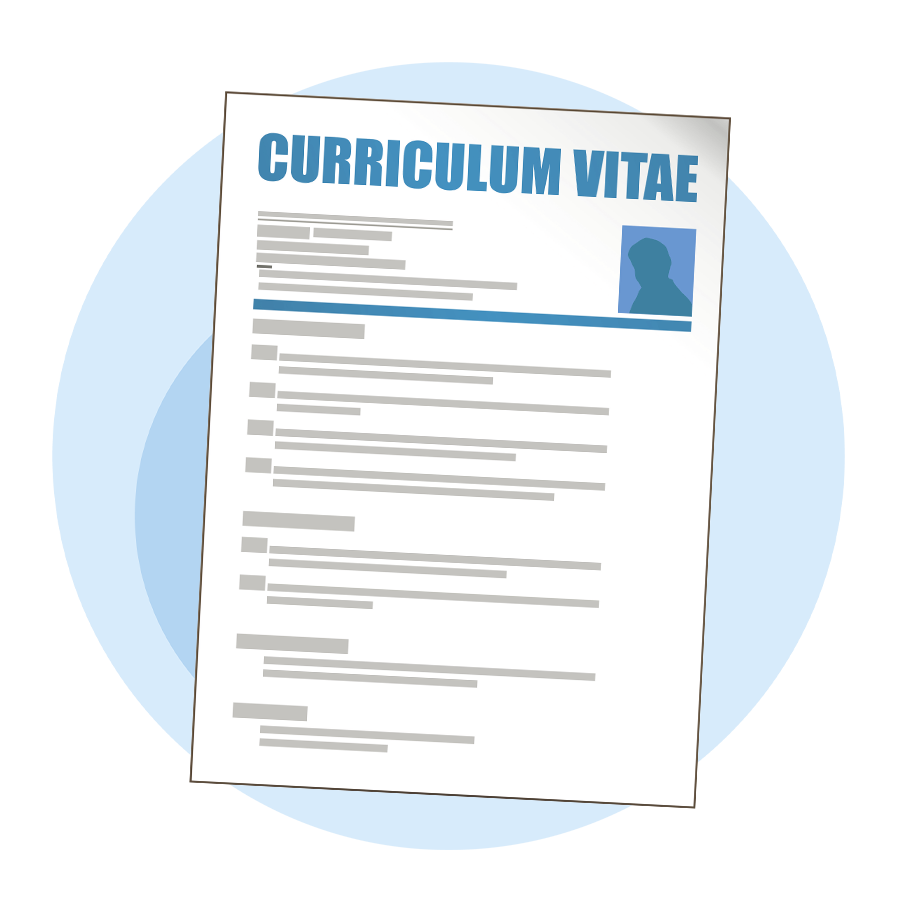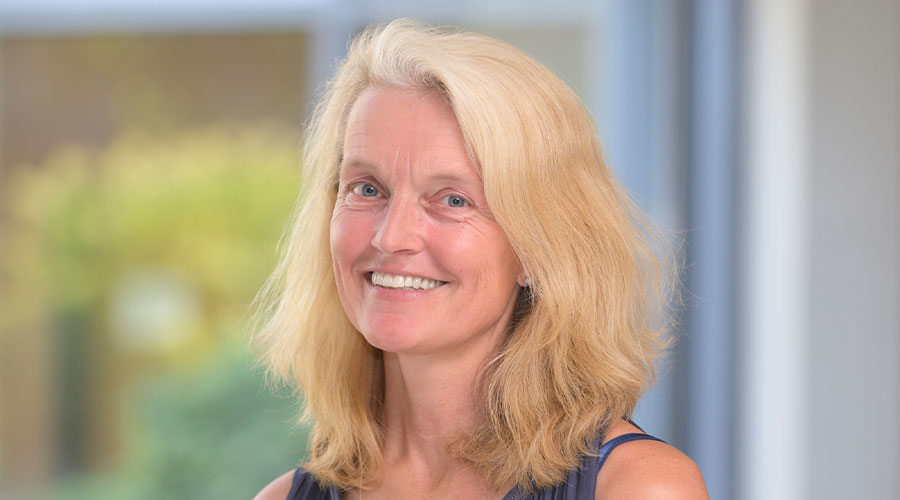| My Research Interest in RESIST |
Our group is interested in the maturation processes of systemic as well as mucosal immunity in preterm infants. Within RESIST we focus on the reciprocal host-microbiota interactions and how human microbiota shapes the immune system during the phase of environmental adaptation in this patient group. Our work program aims at providing detailed insights about what host factors and what microbiota members promote increased resistance against bacterial and viral infections and the development life-long immune homeostasis and overall health. The long-term aim is to characterize based on the immune profile at birth what babies would profit from iatrogenic immunomodulation and second to identify host- and microbiota-related mechanisms that could be exploited to induce and accelerate immune maturation and colonization in preterm infants.
Candidate host factors in this context are S100-alarmins. We previously revealed that healthy term neonates massively release S100-alarmins in the blood and receive a huge supply of S100-alarmins via breast milk. The S100-priming of immunity at birth induces a tolerant state and prevents hyperinflammatory responses against the new extra-uterine world without impairing pathogen defense. In RESIST we keep track of whether S100-alarmins essentially prepare the host in a superior manner for the colonization of a favourable microbiota thereby ensuring long-term health.
Prof. Viemann about her scientific work
Prof. Dr. Dorothee Viemann – Curriculum Vitae
Current Position
Undergraduate and Postgraduate Training
Academic and Research Posts
Other Scientific Roles
Awards and Prizes

10 Selected Publications (of > 73 original publications)
Bickes, M.S., S. Pirr, A.S. Heinemann, B. Fehlhaber, S. Halle, L. Völlger, M. Willers, M. Richter, C. Böhne, M. Albrecht, M. Langer, S. Pfeifer, D. Jonigk, G. Vieten, B. Ure, C. von Kaisenberg, R. Förster, M. von Köckritz- Blickwede, G. Hansen, D. Viemann. Constitutive TNF-α signaling in neonates is essential for the development of tissue-resident leukocyte profiles at barrier sites. FASEB J., 2019, [Epub ahead of print] doi: 10.1096/fj.201900796R.
Ulas, T., S. Pirr, B. Fehlhaber, M. S. Bickes, T. G. Loof, T. Vogl, L. Mellinger, A. S. Heinemann, J. Burgmann, J. Schoening, S. Schreek, S. Pfeifer, F. Reuner, L. Voellger, M. Stanulla, M. von Kockritz-Blickwede, S. Glander, K. Barczyk-Kahlert, C. S. von Kaisenberg, J. Friesenhagen, L. Fischer-Riepe, S. Zenker, J. L. Schultze, J. Roth, D. Viemann. S100-alarmin-induced innate immune programming protects newborn infants from sepsis. Nat. Immunol., 2017, 18:622-632.
Heinemann, A. S., S. Pirr, B. Fehlhaber, L. Mellinger, J. Burgmann, M. Busse, M. Ginzel, J. Friesenhagen, M. von Kockritz-Blickwede, T. Ulas, C. S. von Kaisenberg, J. Roth, T. Vogl, D. Viemann. In neonates S100A8/S100A9 alarmins prevent the expansion of a specific inflammatory monocyte population promoting septic shock. FASEB J., 2017, 31: 1153-1164.
Austermann, J., J. Friesenhagen, S. K. Fassl, B. Petersen, T. Ortkras, J. Burgmann, K. Barczyk-Kahlert, E. Faist, S. Zedler, S. Pirr, C. Rohde, C. Muller-Tidow, M. von Kockritz-Blickwede, C. S. von Kaisenberg, S. B. Flohe, T. Ulas, J. L. Schultze, J. Roth, T. Vogl, D. Viemann. Alarmins MRP8 and MRP14 induce stress tolerance in phagocytes under sterile inflammatory conditions. Cell Rep., 2014, 9: 2112-2123.
Friesenhagen, J., Y. Boergeling, E. Hrincius, S. Ludwig, J. Roth, D. Viemann. Highly pathogenic avian influenza viruses inhibit effective immune responses of human blood-derived macrophages. J. Leukoc. Biol., 2012, 92: 11- 20.
Koenen, P., K. Barczyk, M. Wolf, J. Roth, and D. Viemann. Endothelial cells present an innate resistance to glucocorticoid treatment: implications for therapy of primary vasculitis. Ann. Rheum. Dis., 2012, 71: 729-736.
Viemann, D., M. Schmolke, A. Lueken, Y. Boergeling, J. Friesenhagen, H. Wittkowski, S. Ludwig, and J. Roth. H5N1 virus activates signaling pathways in human endothelial cells resulting in a specific imbalanced inflammatory response. J. Immunol., 2011, 186: 164-173.
Viemann, D., K. Barczyk, T. Vogl, U. Fischer, C. Sunderkotter, K. Schulze-Osthoff, J. Roth. MRP8/MRP14 impairs endothelial integrity and induces a caspase-dependent and -independent cell death program. Blood, 2007, 109: 2453-2460.
Viemann, D., M. Schmidt, K. Tenbrock, S. Schmid, V. Muller, K. Klimmek, S. Ludwig, J. Roth, M. Goebeler. The contact allergen nickel triggers a unique inflammatory and proangiogenic gene expression pattern via activation of NF-kappaB and hypoxia-inducible factor-1alpha. J. Immunol., 2007, 178: 3198-3207.
Viemann, D., A. Strey, A. Janning, K. Jurk, K. Klimmek, T. Vogl, K. Hirono, F. Ichida, D. Foell, B. Kehrel, V. Gerke, C. Sorg, J. Roth. Myeloid-related proteins 8 and 14 induce a specific inflammatory response in human microvascular endothelial cells. Blood, 2005 105: 2955-2962.

